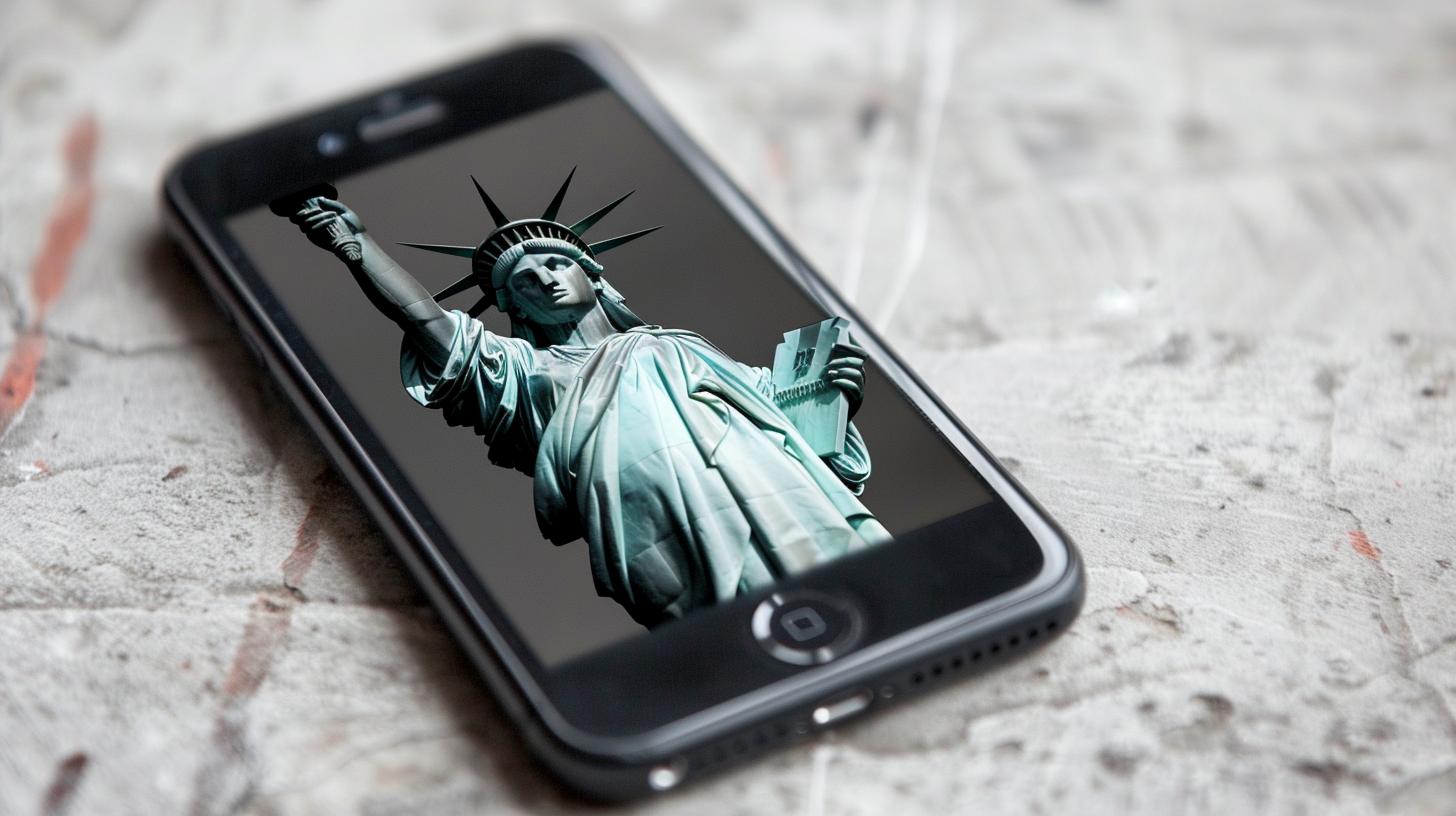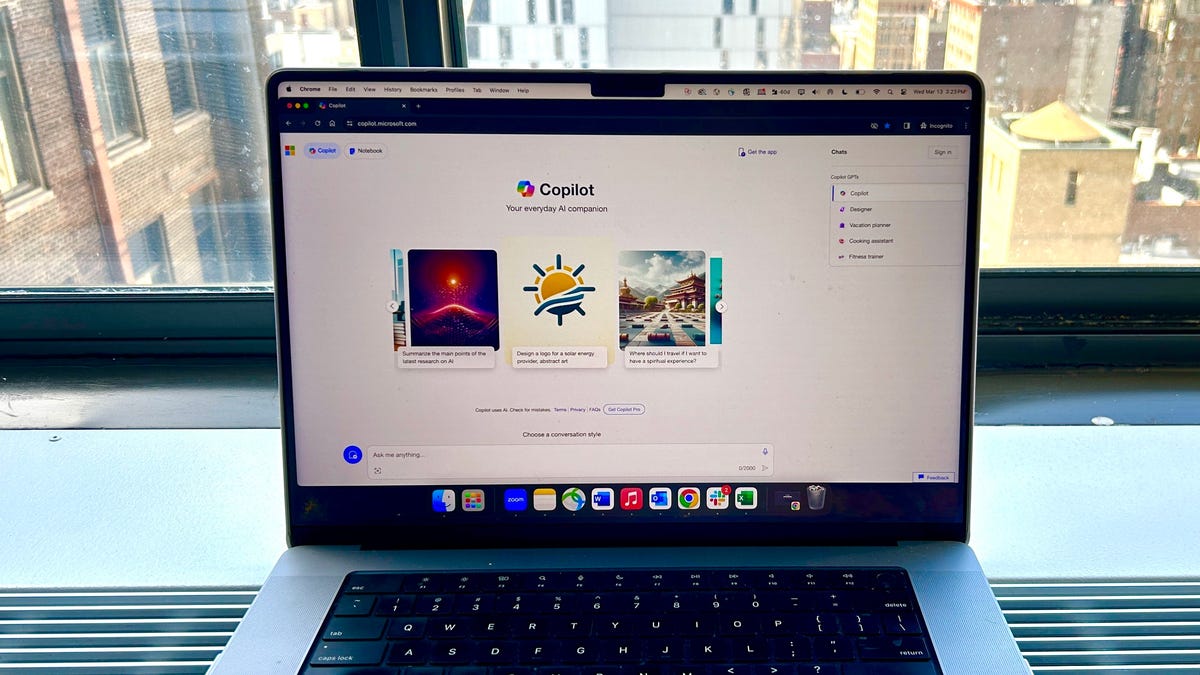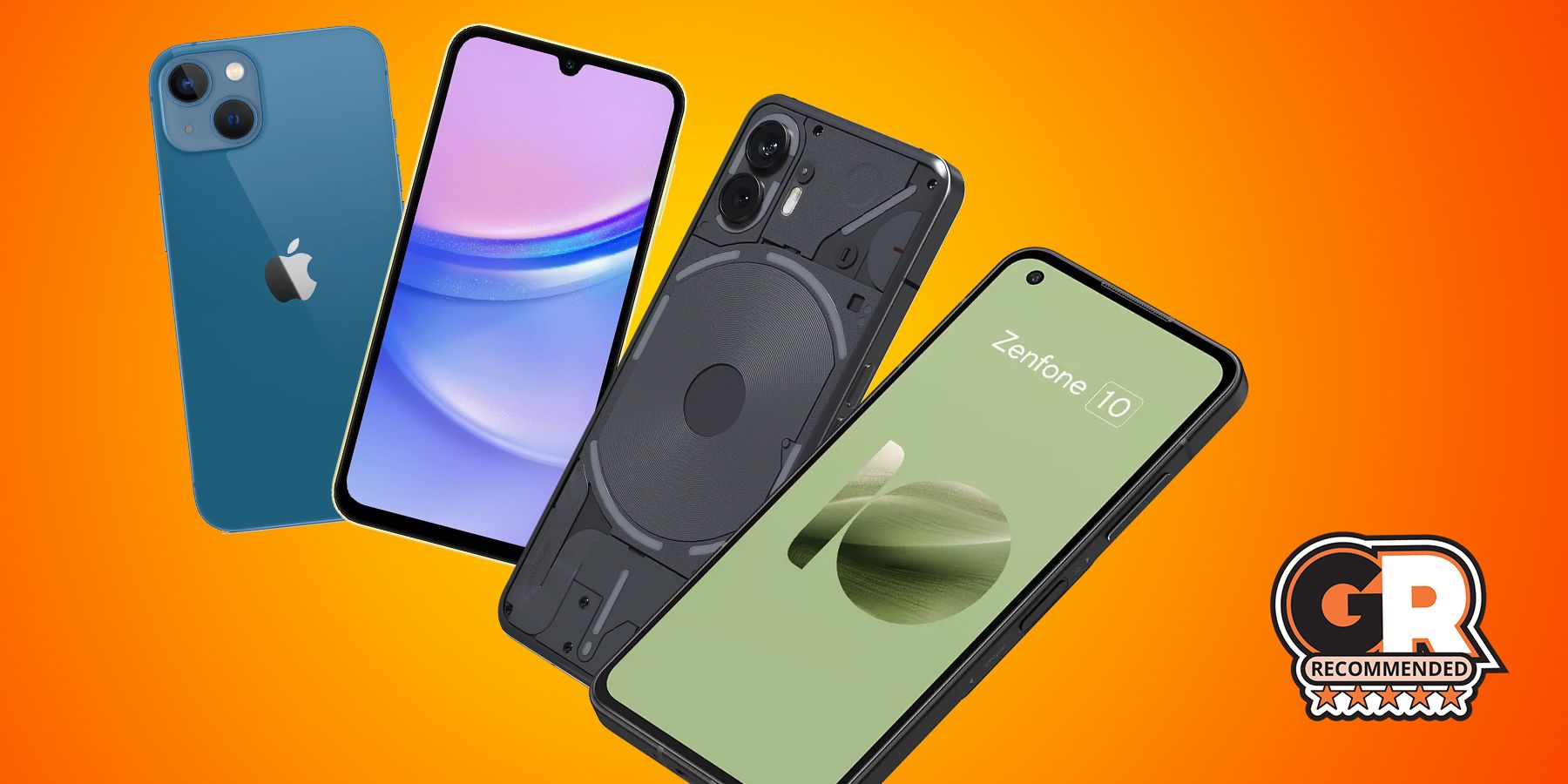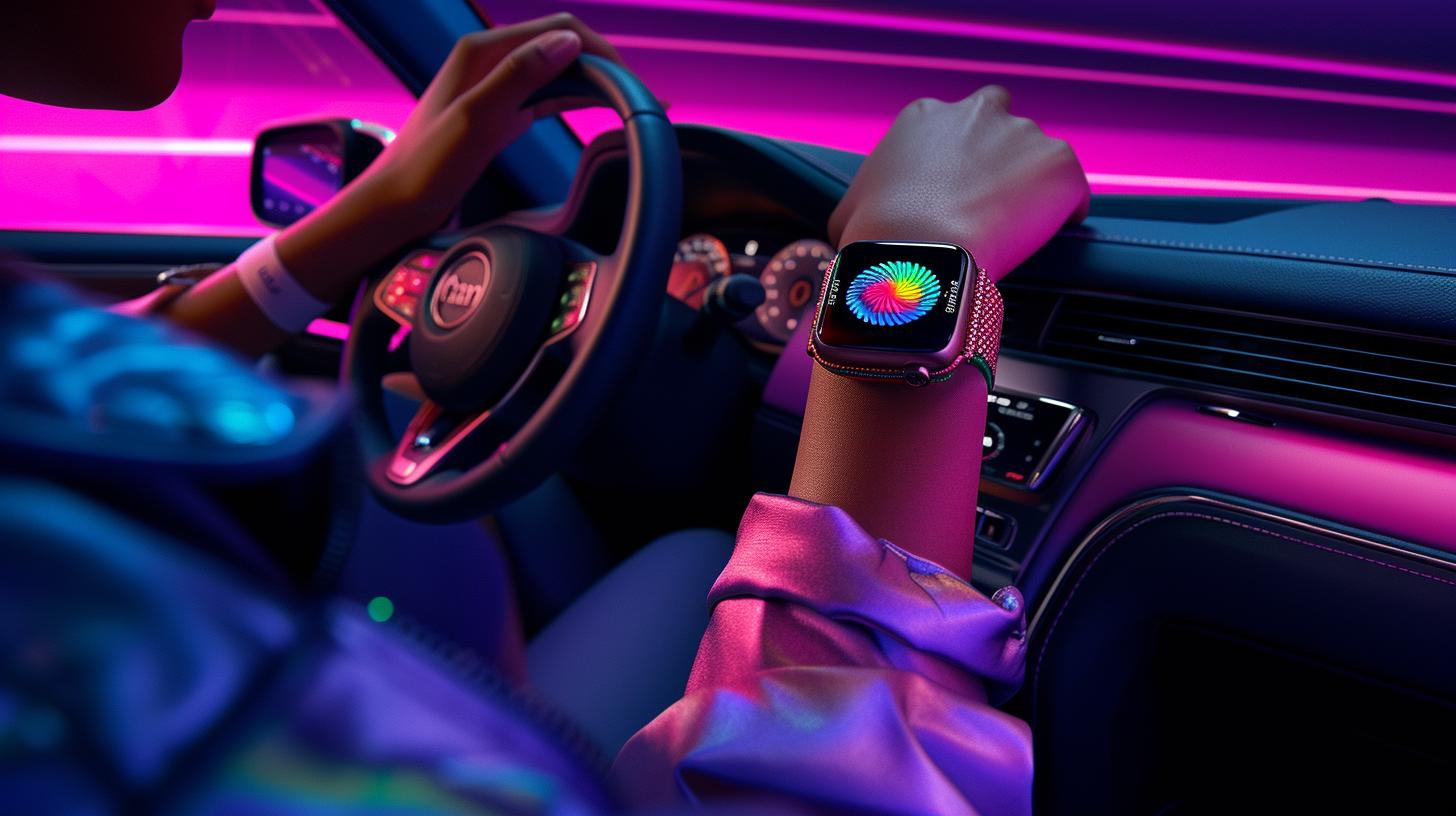
In a surprising shift within the U.S. smartphone market, Apple’s share of iPhone activations has significantly declined to its lowest point in recent years. According to recent data, the tech giant’s dominance in the market has decreased from a stalwart 40 percent to a concerning 33 percent. This drop raises eyebrows and prompts industry analysts to delve into the root causes of this downward trend.
The Consumer Intelligence Research Partners (CIRP) provided insights over the past four quarters, revealing a gradual decrease in iPhone activations. Unlike before, Apple now grapples with the growing competition posed by Android smartphone manufacturers who collectively hold two-thirds of the market share for activations. This shift can be partly attributed to the affordability of many Android devices, which stand in stark contrast to Apple’s premium pricing. The economical pricing of Android smartphones makes them a go-to option for a significant portion of consumers, directly impacting the number of new iPhone activations.
However, the dynamics of the smartphone industry reveal a more nuanced picture of the situation. The increased durability of iPhones has inadvertently led to longer upgrade cycles among consumers. As smartphones, in general, have become more resilient and feature-rich, the urgency to upgrade to the latest model has diminished. This sentiment is further reinforced by the transition from two-year subsidized phone purchase contracts to more transparent, often full-priced, phone purchase plans. This change has made consumers more deliberate in their decision to upgrade, potentially affecting Apple’s sales more markedly compared to its Android counterparts.
Looking ahead, much speculation surrounds the upcoming iPhone 16 series. Mixed predictions from analysts stir the pot of expectations; some argue that the new range may lack compelling features, suggesting a possible 15 percent decline in iPhone shipments for the entire year. On the flip side, there are reports promising enhanced capabilities for the iPhone 16, notably an upgraded Neural Engine aimed at bolstering on-device AI functionalities. Coupled with the anticipated generative AI features in iOS 18, these advancements could very well reinvigorate sales and, by extension, activation percentages.
The current state of iPhone activations underscores a pivotal moment for Apple. The company’s ability to navigate the challenges posed by durable goods, competitive pricing, and the constant demand for innovation will be critical. With the official launch of the iPhone 16 series on the horizon, all eyes will be on Apple to deliver a product that not only meets but exceeds consumer expectations, potentially reversing the trend of declining activation percentages. As the story unfolds, updated figures and developments will be keenly observed by both industry insiders and consumers alike, marking yet another chapter in the tech giant’s storied history.
Source








